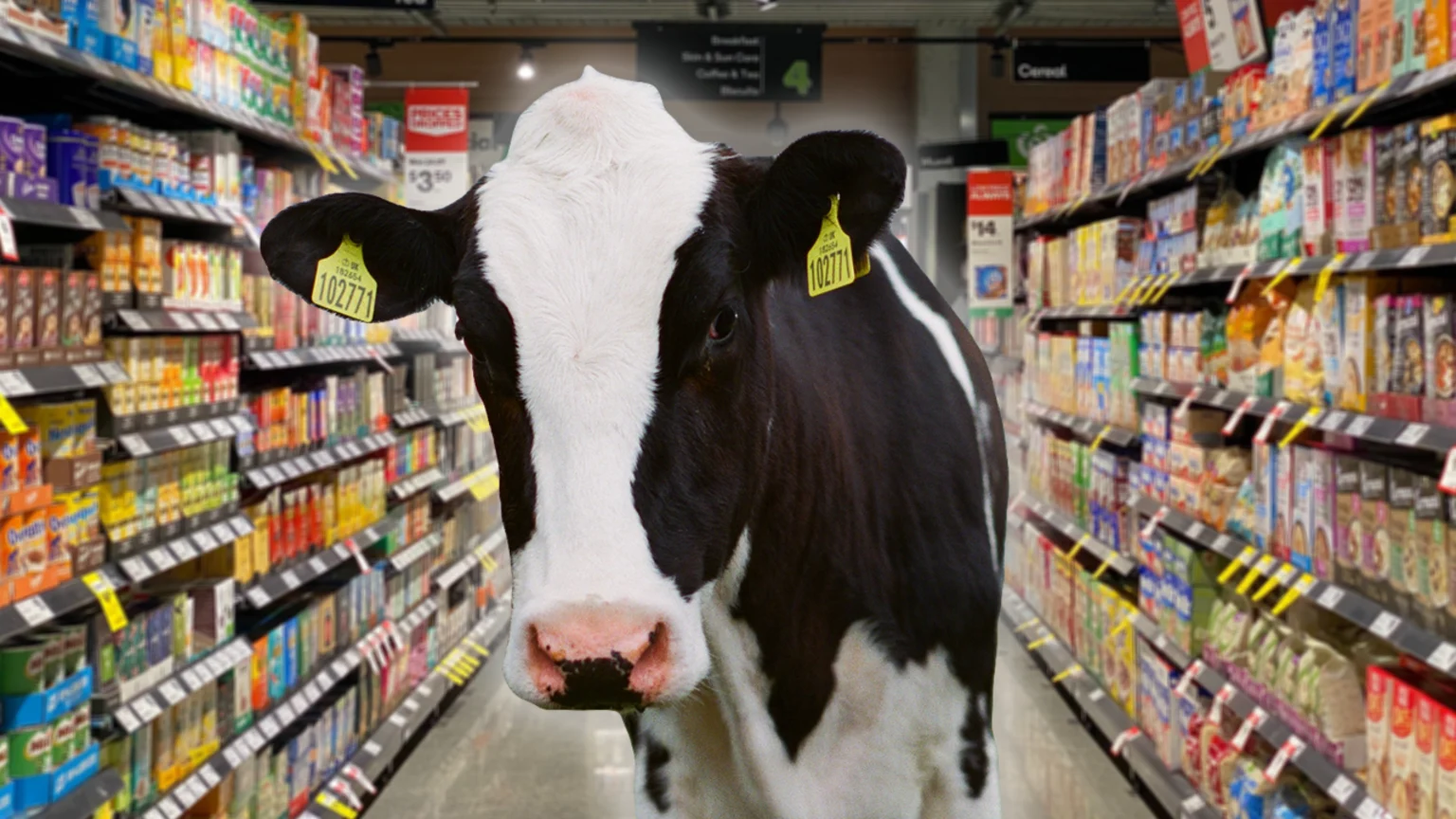Money
Farmers could be required to provide farm-specific emissions data to supermarkets

Published by Jayden Holmes
17 Jul 2023
Supermarkets in New Zealand are taking steps to reduce emissions from the farms that supply them with meat, milk, and fresh produce.
In the 2022 financial year, suppliers accounted for 98% of Countdown and Woolworths New Zealand's carbon footprint. To address this issue, Countdown launched a pilot program with 55 suppliers across six high-emission product categories. The program required suppliers, including milk and meat producers, to measure and report their emissions using a tool called Thesis.
They have also committed to reducing supplier emissions by 90% by 2030 as part of their sustainability plan.
Countdown has invited all its suppliers to join the program and share progress through Thesis, aiming to make it easier for suppliers to understand and reduce their emissions while improving data quality in the supply chain.
The supermarket uses the GWP100 metric, which measures greenhouse gas emissions over 100 years, as per the Greenhouse Gas Protocol requirements. By using this metric, all emissions, including methane from livestock, are given a CO2 equivalent value.
While Countdown currently takes a collaborative approach with farmers and does not dictate on-farm behaviour, it is actively collaborating with vegetable grower Leaderbrand on a regenerative farm project.
Trials are also underway to explore the use of seaweed additives in cattle feedlots, which could help reduce methane emissions.
Overseas supermarkets that sell New Zealand meat and milk already require farm-specific data, and Tesco, a UK retailer, expects farm-level emissions tracking to become a requirement for its suppliers.
Foodstuffs, the owner of Pak'nSave and New World, did not provide details about how it intends to handle supplier emissions or the impact on farms. However, Countdown's initiatives indicate a growing awareness among supermarkets of the need to address emissions in their supply chains.
Published by Jayden Holmes
17 Jul 2023